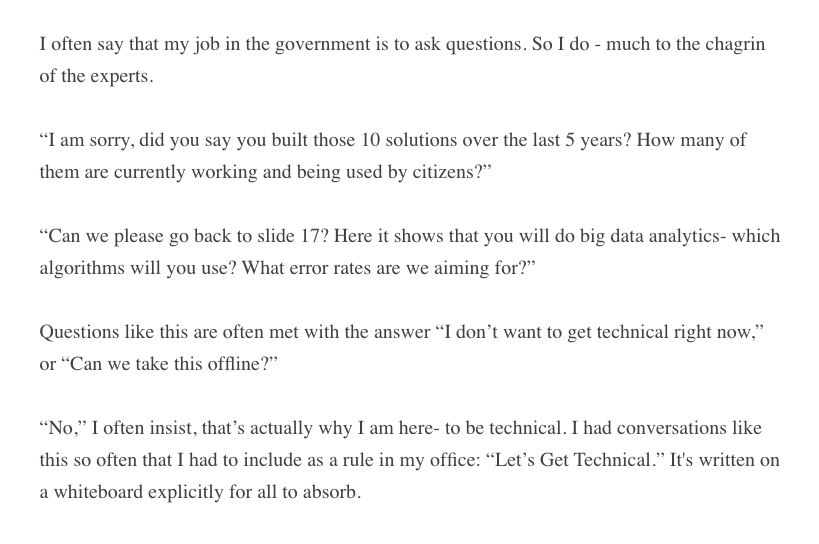
Resilience, Localization and the COVID-19 Response
March 31st, 2020

“Resilience is the capacity of the affected community to self-organize, learn from and vigorously recover from adverse situations stronger than it was before.”
Thus reads an insightful evaluation of the humanitarian response to the 2010 Haiti Earthquake. The evaluation found that despite several billion dollars in “aid”, humanitarian assistance provided after the earthquake did not make a detectable contribution to the resilience of the Haitian population, and in some cases even caused harm by increasing the vulnerability of certain communities. The link between resilience and capacity for self-organization is vital. This explains why the evaluators “promote the attainment of self-sufficiency, rather than the ongoing dependency on standard humanitarian assistance.” They highlighted that one of the main insights gained from the focus groups “indicated that solutions to help people help themselves were desired.”
This is why the Flying Labs model promotes local ownership, self-organization and self-sufficiency. The attributes that define the Flying Labs model are the same ones that humanitarian and development professionals are now advocating for in light of the pandemic. The Flying Labs model invites local experts to take genuine authority, not just responsibility. Flying Labs are directed by local expertise instead of international consultants. The Flying Labs network is a distributed and decentralized digital network. This network structure supports the localization process and locally-led projects. The network enables Flying Labs to pool local skills and to exchange their knowledge and contacts across organizations and sectors. In doing so, they provide each other with peer support and mentoring. We actively highlight these activities to provide greater recognition of the role that local experts play in response to emergencies like the COVID-19 pandemic. We also support Flying Labs to shift mindsets and policies in favor of self-organization, self-sufficiency and thus resilience.
If past is prologue, we should expect to see all kinds of top-down and/or techno-centric "solutions" being sold to governments in Africa, Asia and Latin America in response to the pandemic. Some of these solutions will undermine local capacity for self-organization. We therefore urge all Flying Labs, fellow partners and other organizations to focus on enabling local self-organization, self-sufficiency and learning during this protracted global emergency. We also urge them to interrogate technical solutions with the same vigor that David Moinina Sengeh, the Chief Innovation Officer for the Government of Sierra Leone, has questioned foreign solutions:

We recently shared this simple decision tree to help Flying Labs and partners evaluate the value-add of drone solutions during the pandemic response. This doesn't mean that drones cannot add value to the COVID-19 response, it simply means that more critical thinking, along the lines of Minister Sengeh's approach, is vital. Question the solutions that are being pitched to you by both outsiders and insiders. Don't assume that said "solutions" have already worked, or that they will also work in your context. Get technical and ask trusted colleagues for their input. Then decide for yourself and take full responsibility for the outcome. Be sure to document your lessons learned, clearly and publicly so that others can benefit from your insights regardless of whether the outcomes are positive or negative. Rapid learning, like self-organization and sufficiency, is central to creating resilience and bouncing back stronger. In sum, let's not repeat the disastrous response to the Haiti Earthquake. Lets be weary of any professed solutions that limit or co-opt local self-organization, self-sufficiency and learning.
Recent Articles

